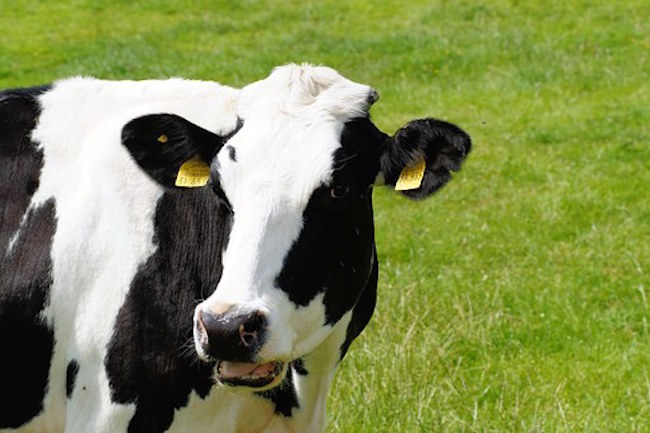Montana Senate Passes Food Freedom Bill That Would Legalize Limited Raw Milk Sales By Michael Maharrey for Natural Blaze
Last week, the Montana Senate passed a “food freedom” bill that would legalize the unregulated sale of homemade foods from producers to informed end consumers, including raw milk and raw milk products. Passage into law would take an important step toward rejecting a federal prohibition scheme in practice and effect, and would undermine FDA control over food production.
Sen. Greg Hertz (R-Polson) introduced Senate Bill 199 (SB199) on Feb. 8. Titled The Montana Local Food Choice Act, the legislation would prohibit a state or local government agency from requiring licensure, permitting, certification, packaging, labeling, or inspection that pertains to the preparation, serving, use, consumption, delivery, or storage of homemade food or homemade food products.
The proposed law would effectively legalize the sale of raw milk and raw milk products directly from the producer to a consumer if the producer keeps no more than five lactating cows, 10 lactating goats, or 10 lactating sheep on the farm for the production of milk. Sales would be allowed at a farm, ranch, home, office, or “traditional community social event,” including farmer’s markets, neighborhood gatherings and sporting events.
Current Montana law prohibits raw milk sales.
The bill would also allow the unregulated sale of poultry if the producer slaughters and processes 1,000 birds or fewer during a calendar year. Producers could sell meat and meat products under the bill only if the slaughter and processing took place at a “state-licensed or federally approved meat establishment.”
Food freedom laws not only open markets, expand consumer choice, and create opportunities for farmers and entrepreneurs; they take a step toward restoring the United States’ original political structure. Instead of top-down, centralized regulatory schemes, these laws encourage local control, and they can effectively nullify federal regulatory schemes in effect by hindering enforcement of federal regulations.
While state law does not bind the FDA, the passage of food freedom laws creates an environment hostile to federal food regulation in those states. And because the state does not interfere with local food producers, that means it will not enforce FDA mandates either. Should the feds want to enforce food laws in states with food freedom laws, they have to do so by themselves.
As we’ve seen with marijuana and industrial hemp, a federal regulation becomes ineffective when states ignore it and pass laws encouraging the prohibited activity anyway. The federal government lacks the enforcement power necessary to maintain its ban, and people will willingly take on the small risk of federal sanctions if they know the state will not interfere. This increases when the state actively encourages “the market.”
Less restrictive food laws almost certainly have a similar impact on FDA regulation. They make it that much more difficult for the feds to enforce their will within the state.




